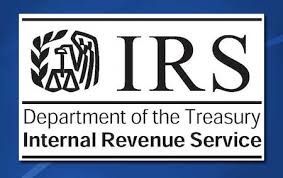The IRS has launched a new Affordable Care Act Tax Provisions website at IRS.gov/aca to educate individuals and businesses on how the health care law may affect them.

The new home page has three sections, which explain the tax benefits and responsibilities for individuals and families, employers, and other organizations, with links and information for each group. The site provides information about tax provisions that are in effect now and those that will go into effect in 2014 and beyond.
Topics include premium tax credits for individuals, new benefits and responsibilities for employers, and tax provisions for insurers, tax-exempt organizations and certain other business types.
Visitors to the new site will find information about the law and its provisions, legal guidance, the latest news, frequently asked questions and links to additional resources.
Several other federal agencies have a role in implementing the health care law, including the Department of Health and Human Services, which has primary responsibility. To help locate additional online resources from the Department of Health and Human Services, the Department of Labor and the Small Business Administration, the IRS has issued a new Web-based flyer – Healthcare Law Online Resources (Publication 5093).
Visit IRS.gov/aca for more information regarding the tax provisions of the Affordable Care Act.



 IF YOU WANT TO GET CREDIT FOR CHILD and DEPENDENT CARE, THE IRS NEEDS TO KNOW…
IF YOU WANT TO GET CREDIT FOR CHILD and DEPENDENT CARE, THE IRS NEEDS TO KNOW…  TAX MOVES TO MAKE BEFORE CHRISTMAS.
TAX MOVES TO MAKE BEFORE CHRISTMAS.
 Questions and Answers: 2013 Changes to the Itemized Deduction for Medical Expenses
Questions and Answers: 2013 Changes to the Itemized Deduction for Medical Expenses